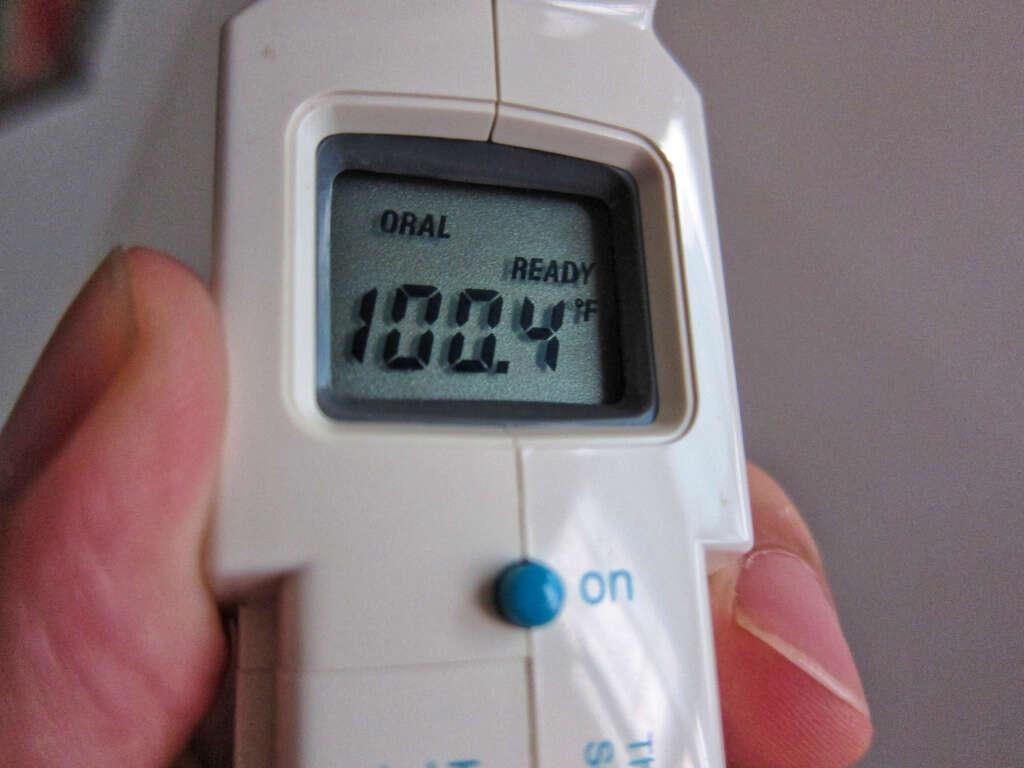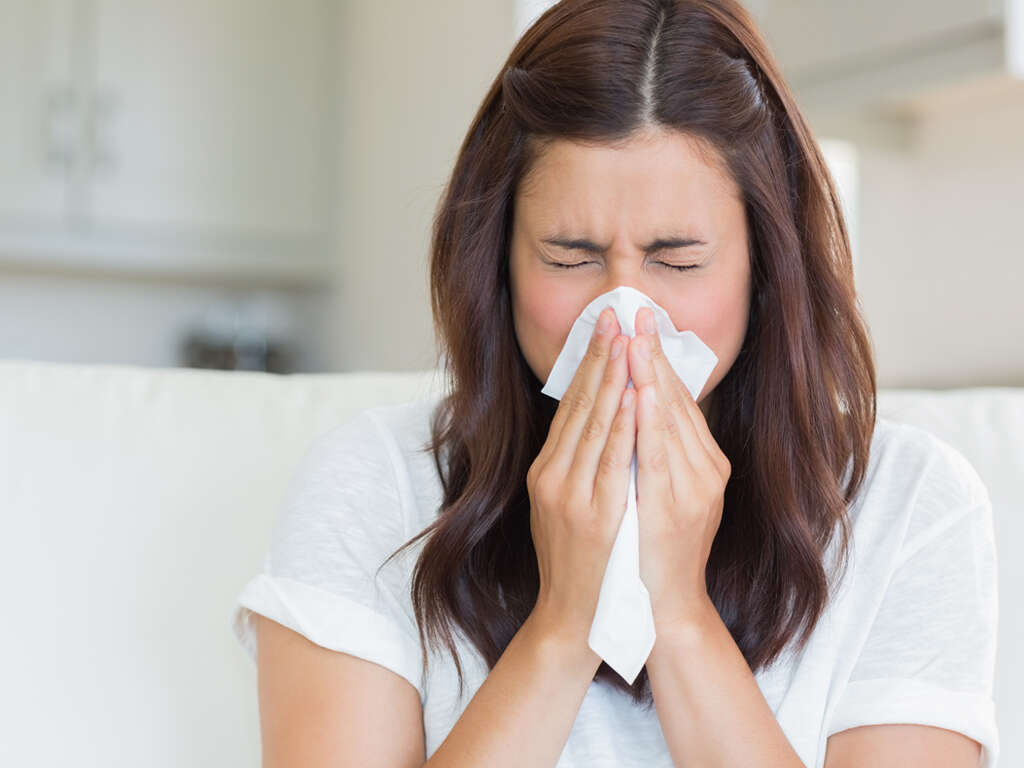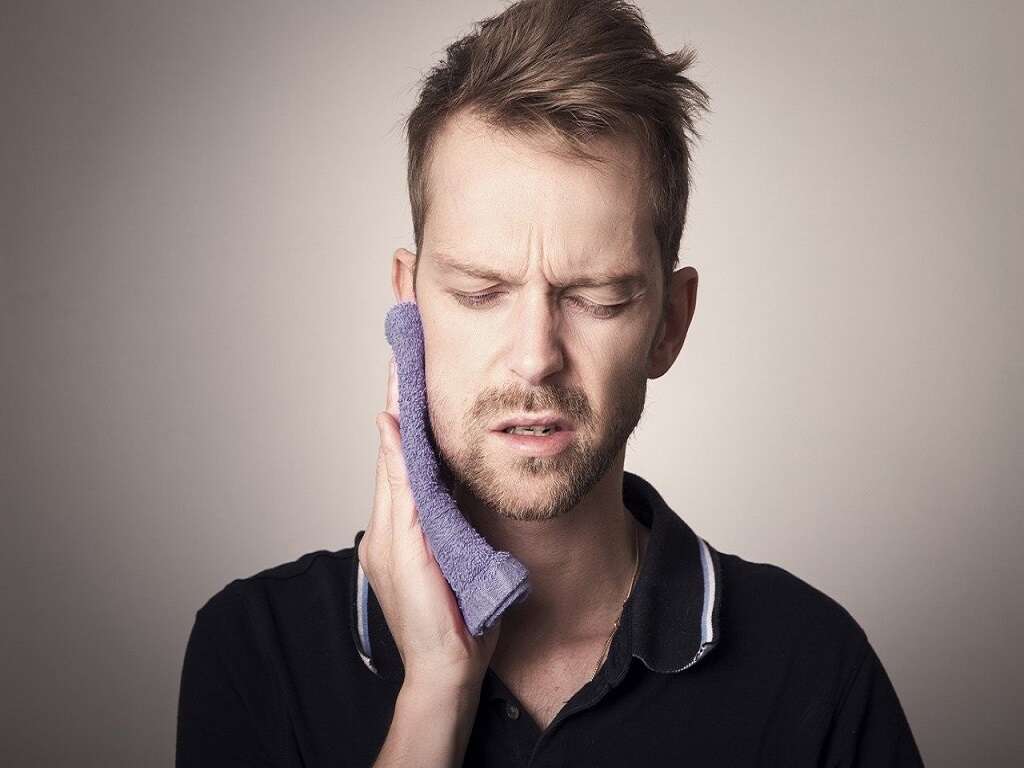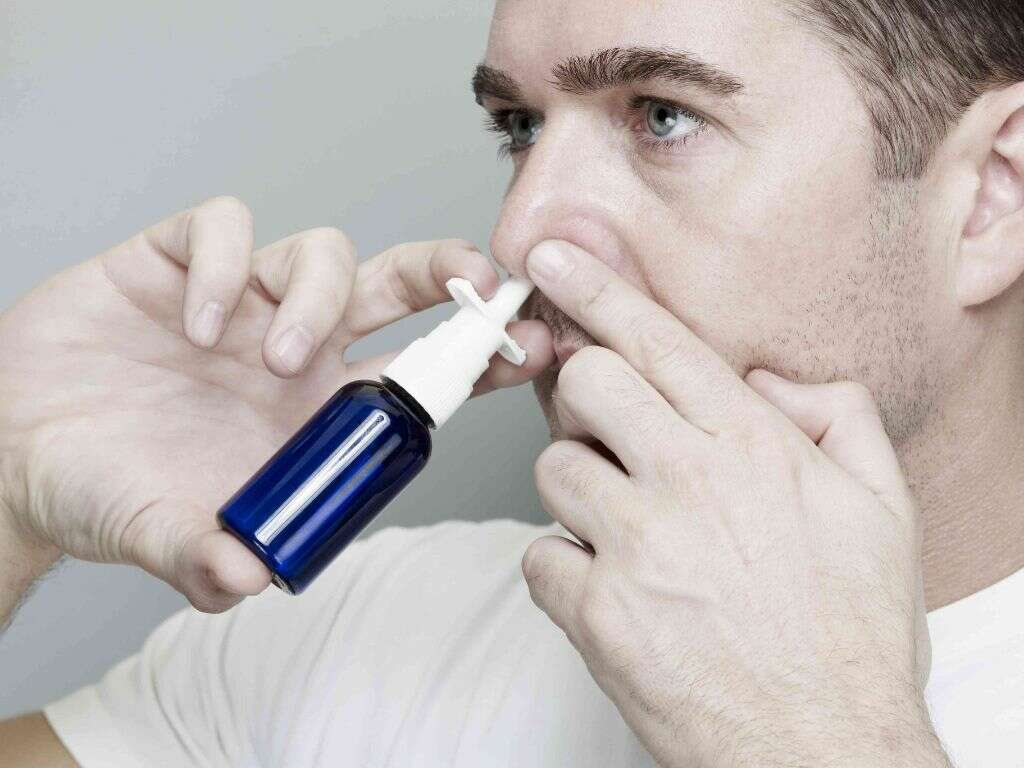10 Post Nasal Drip Symptoms
Our noses are lined with a wet, sticky mucus. It helps to trap particles and pathogens to prevent them from entering into the lungs where they might otherwise do us harm.
We make about one quart of nasal mucus every day and the excess usually runs down the back of the throat where it is then swallowed.
Post nasal drip is a common condition where the patient experiences an increase in the volume of this mucus, or that the mucus becomes thicker. This will often result in a runny nose but sometimes this excess mucus can end up running down the back of the throat. This is a condition known as post nasal drip and it can cause various symptoms.
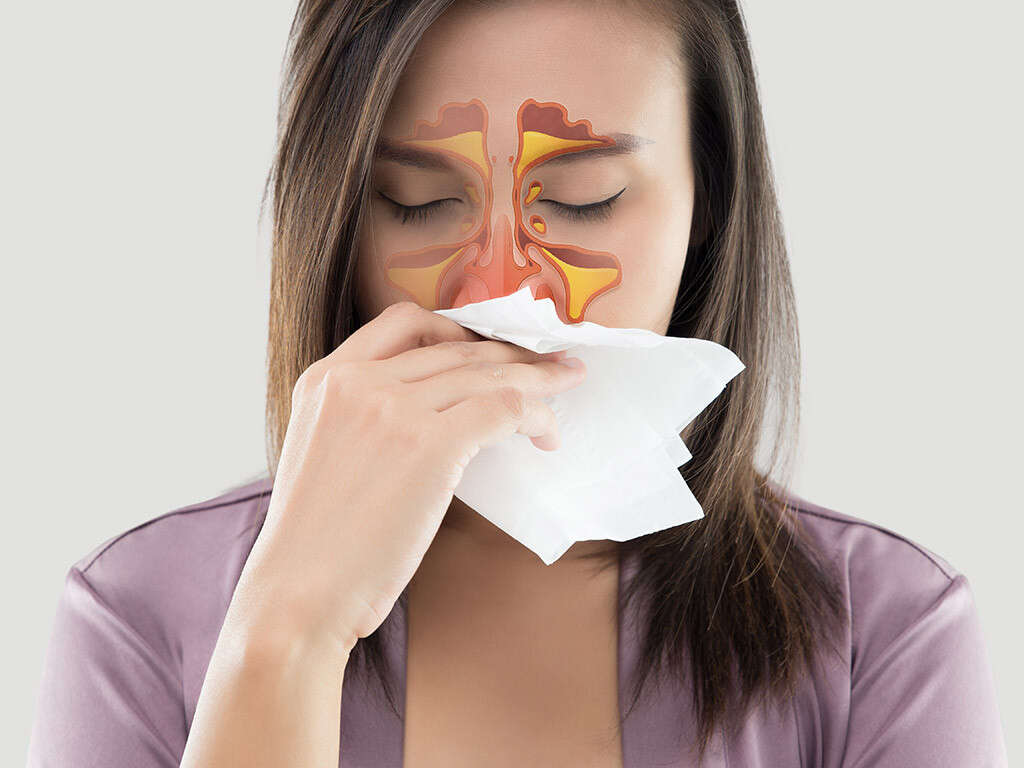
Symptom #1: Sore Throat
The tissues at the back of the throat are quite delicate. They are usually well protected, though, meaning that harm is unlikely to come to them by physical means. Still, they can become susceptible to certain illnesses and the throat can become quite painful as a result.
A common symptom of a postnasal drip is a sore throat. Many patients will also describe it as feeling scratchy. While it can be quite uncomfortable and can make drinking and eating difficult, it will pass harmlessly in time. Remedies are available that can at least reduce the severity of the symptoms.

Symptom #2: A Cough
Pretty much everybody has had a cough at some point in their life. It can be caused by a wide range of things from having something irritating the throat to a serious illness. It is also a symptom of post nasal drip, but thankfully it is not something to be worried about.
The cough can still be uncomfortable, though, and can contribute to an already sore throat. Patients with post nasal drip are also likely to find that the cough will wake them up at night. There are plenty of remedies and medications available that can help to relieve the symptoms of a cough.
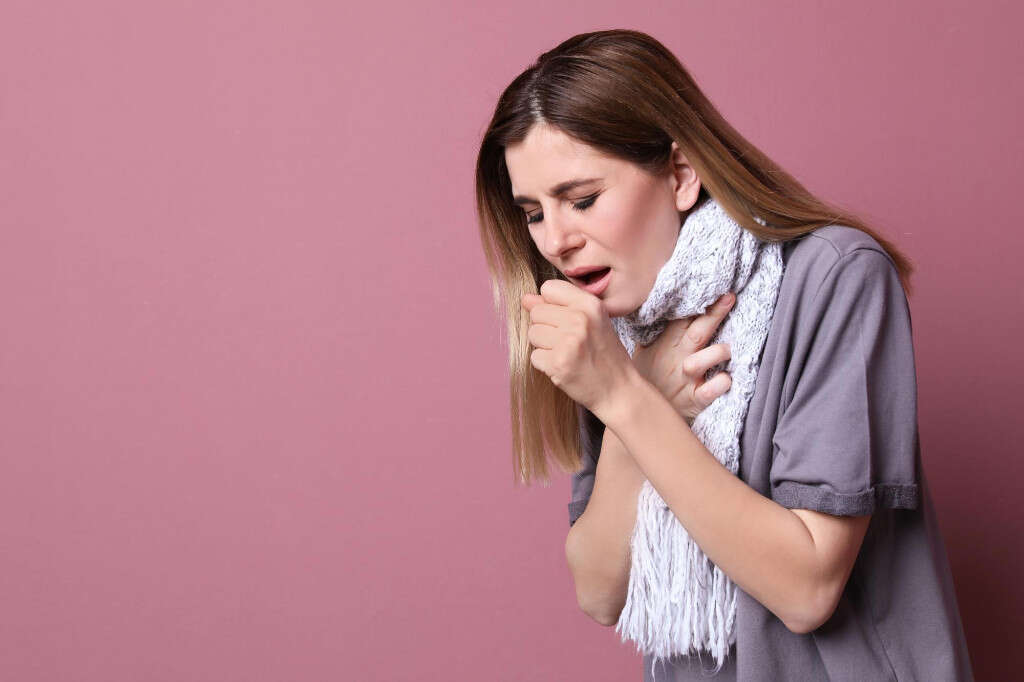
Symptom #3: Excess Spitting
Spitting is considered by many to be a dirty habit and something that should not be done in public places. It’s fair to say that we should usually at least be able to find a bathroom to spit in, but some people might find it harder to wait than others. People with post nasal drip syndrome might find it very difficult indeed to avoid spitting.
Spitting is usually helpful in that it helps to remove unwanted liquids and other items. In the case of a post nasal drip, the patient may find themselves needing to spit all the time to remove excess fluids. It’s a symptom that might cause some people to avoid being in public.
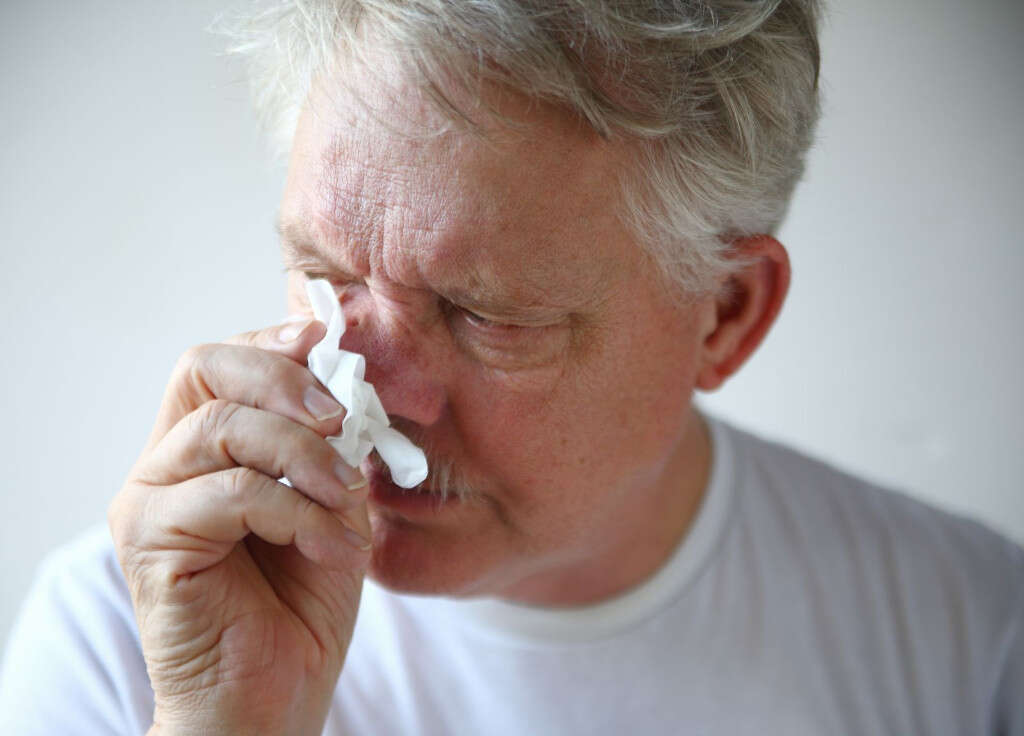
Symptom #4: Constantly Clearing Throat
Clearing of the throat is a very simple and useful action. It simply allows us to remove excess liquids/mucus from the throat. These substances will sometimes contain potentially harmful pathogens, so clearing them from the throat can also help to protect us against disease.
Post nasal drip can cause mucus to be constantly dripping down the back of the patient’s throat. This is likely to cause them to be constantly clearing their throat or maybe constantly swallowing to remove the mucus from the throat. Medication is available that may be able to limit this symptom.
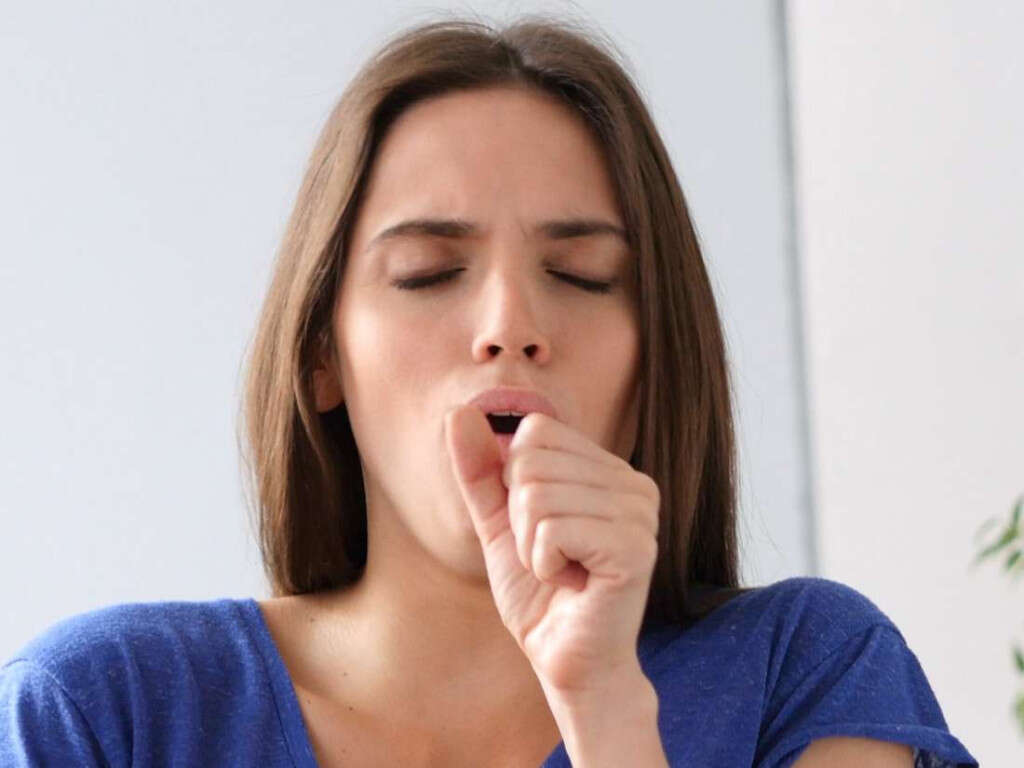
Symptom #5: Nausea
As gross as it may sound, it is not unusual for the mucus in our nose to be disposed of by swallowing. Here, it will simply be digested and recycled without doing any harm. This usually happens in very small amounts, though, and cause us no harm whatsoever.
In cases of post nasal drip, however, the volume of mucus that is swallowed is likely to increase considerably. With more than usual mucus finding its way into the stomach, the body is likely to react negatively to its presence, causing us to become nauseous. It can also cause the patient to vomit the mucus up in some cases.

Symptom #6: Vomiting
Patients suffering from post nasal drip may experience episodes of nausea. Even though the associated nausea is usually mild, it can lead to vomiting in some cases.
This is a non-specific and unusual symptom associated with these condition but it is important to know that it can happen.
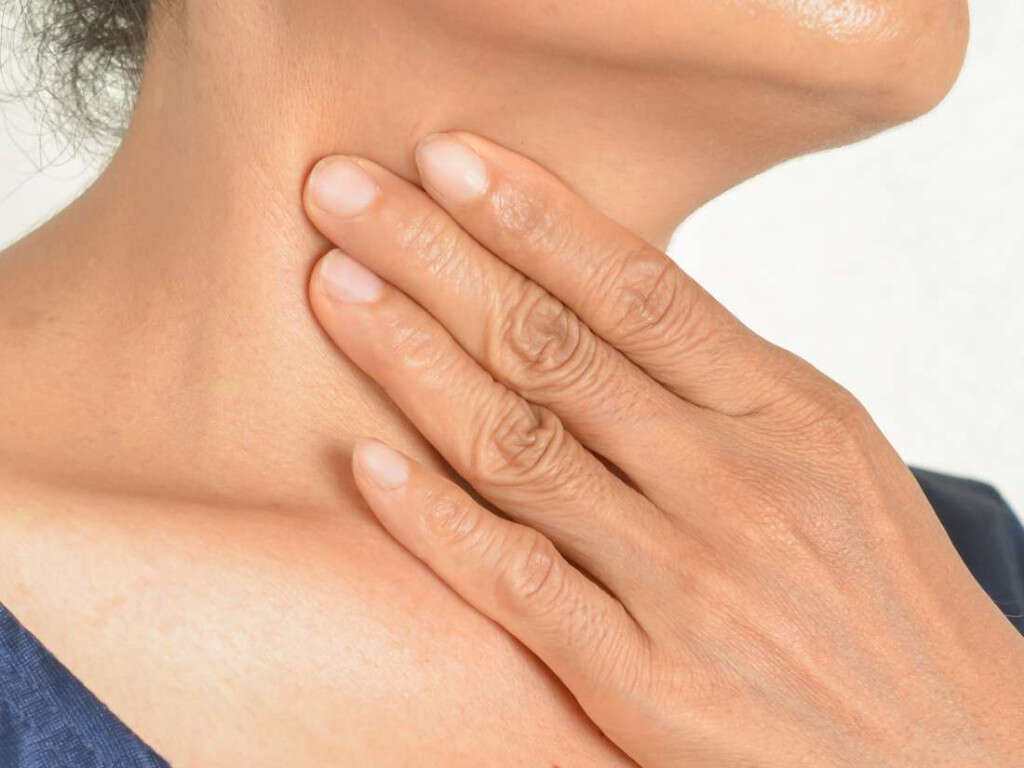
Symptom #7: Gets Worse at Night
When you are sick, it is important to get as much rest as you can. A doctor will often recommend staying home and getting early nights for a couple of days or so until the illness clears up. Getting an early night may not always be as easy as it sounds, though, especially if you have an illness like post nasal drip.
The symptoms of post nasal drip will often get worse at night time. More mucus can be produced and the patient can start coughing more, making it difficult for them to get any sleep. Medication and remedies are available that can help to ease the symptoms and make it easier for the patient to sleep.

Symptom #8: Difficulty Swallowing
As the mucus runs down the back of the patient’s throat, it can affect the pharynx, causing a sore throat and in some cases, it can even cause dysphagia (difficulty swallowing).
This symptom should resolve as soon as the post nasal drip is treated.
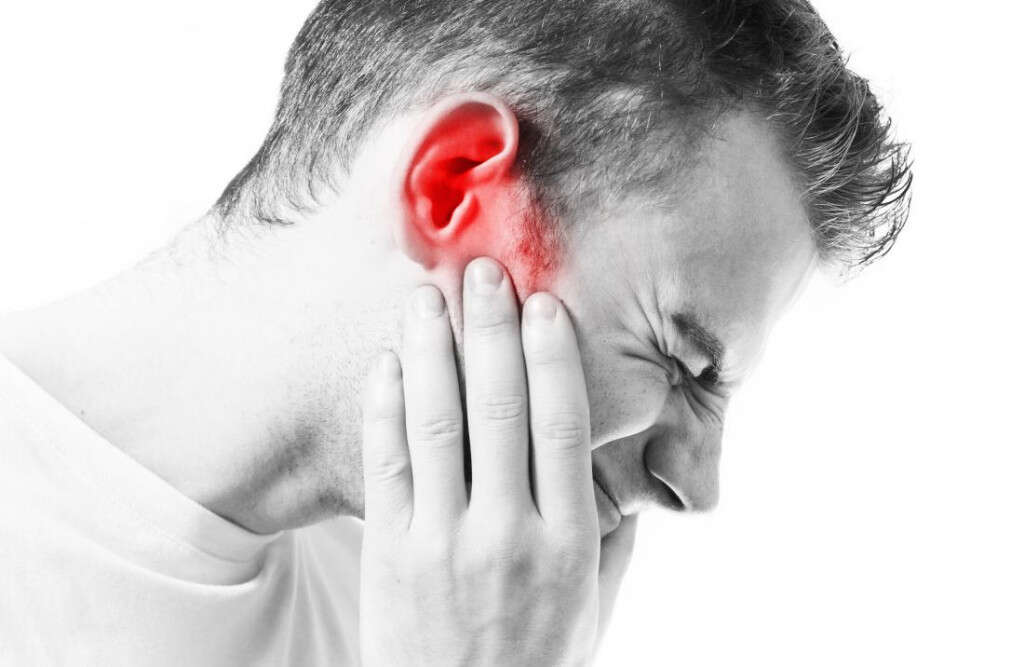
Symptom #9: Bad Breath
Bad breath can be quite embarrassing. It can also be quite difficult to keep under control and some people struggle regardless of how much they brush, floss, and rinse. Unfortunately, it can also become harder to control in patients that are suffering from post nasal drip.
The build-up of mucus at the back of the throat can make it easier for bacteria to thrive in the mouth. Many of these bacteria will be the same ones responsible for bad breath, meaning that our mouths can become smellier. This symptom should hopefully pass when the patient recovers from the illness.

Symptom #10: Hoarseness
Patients suffering from post nasal drip can experience voice alterations as the mucus may affect their larynx.
The constant coughing can also be a cause of the hoarseness and usually resolves within a few days without any major complications.






